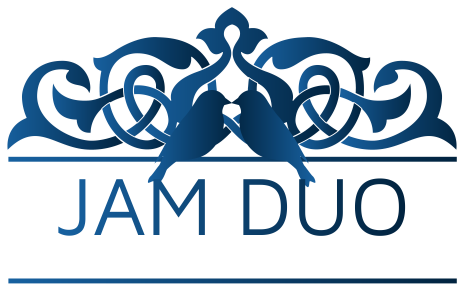Music has played a significant role in wedding ceremonies throughout history. From ancient traditions to modern practices, the melodies and rhythms accompanying these joyous occasions have evolved over time. Let’s explore the fascinating journey of wedding music:
1. Ancient and Medieval Times
In ancient civilizations, weddings were often accompanied by music. In Greece, flutes and lyres were played during the procession to the bride’s house. In Rome, the bride would be serenaded with songs as she left her home. These early musical traditions symbolized fertility, love, and celebration.
During the medieval period, the Christian Church heavily influenced wedding music. Gregorian chants and hymns were performed during the ceremony. The organ, which had become popular in churches, was also used for processional and recessional music.
2. Renaissance and Baroque Eras
The Renaissance saw a resurgence of secular music at weddings. Composers like John Dowland and Thomas Morley wrote madrigals and dance tunes for wedding celebrations. Stringed instruments, such as viols and lutes, were commonly used.
In the Baroque era, Johann Sebastian Bach’s compositions became popular choices for weddings. His “Air on the G string” and “Jesu, Joy of Man’s Desiring” were often played during preludes or processions. The pipe organ remained a staple instrument for church weddings.
3. The Romantic Period and Wagner’s Influence
The 19th century marked the Romantic period, and weddings became grander affairs. Richard Wagner’s “Bridal Chorus” from his opera Lohengringained immense popularity. Commonly known as “Here Comes the Bride,” it remains a classic processional piece. However, some couples now opt for alternatives like Johann Pachelbel’s “Canon in D.”
4. Modern Trends
In the 20th century, weddings embraced diverse musical styles. Felix Mendelssohn’s “Wedding March” from A Midsummer Night’s Dream became the standard recessional music. Additionally, Widor’s “Toccata” from Symphony for Organ No. 5 found favor with couples.
Outside Western traditions, other cultures have their unique wedding music. In Egypt, the zaffa rhythm accompanies the bride’s entrance, while Jewish weddings feature the tune “Baruch Haba” for the groom’s arrival.
5. Contemporary Choices
Today, couples have even more freedom to choose music that resonates with them. Pop songs, jazz standards, and personalized compositions are common. Live bands, string quartets, and DJs provide diverse musical experiences.
In summary, wedding music has evolved from ancient rituals to a blend of tradition and personal expression. Whether it’s a timeless classic or a modern hit, the music will continue to help celebrate love on your wedding day.



